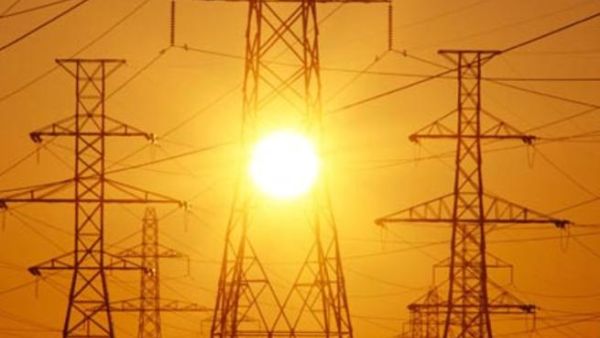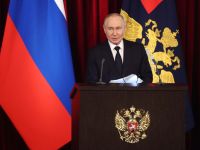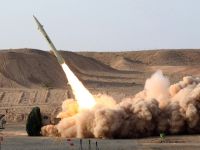Residents of Tripoli cast doubt over efforts by former Prime Minister Najib Mikati and MP Mohammad Safadi to end power cuts in Lebanon’s second city through their recent establishment of a private electricity company. Some argued that Mikati, who headed a government for around two years that included four ministers from Tripoli, had done little to provide the city with 24 hours of electricity, questioning whether the project would be successful at a time when the entire nation was weathering a political and social crisis.
People also raised fears about the ongoing political competition between Mikati and the Future Movement. Political rivalries have often hindered development and stalled the completion of projects which could help breathe back life into Lebanon’s second largest city.
A source from the Future Movement refused to comment on the Mikati-Safadi initiative. “What we heard was a media announcement, and we support any developmental initiative in Tripoli,” the source said. “We have not issued a response so that we will not be branded as working to obstruct the plan, and also due to the situation within our popular base in Tripoli.”
A day after the announcement of the birth of Nour al-Fayhaa electricity company by Mikati, Justice Minister Ashraf Rifi, who is close to the Future Movement, contacted the head of the Zahle Electricity Company, Asaad Nakad. Zahle is the only area that benefits from 24-hour electricity, due to the privatization of its electricity sector. Rifi has said that he had prepared a prolonged study focusing on methods to provide Tripoli with 24-hour electricity.
The idea of a separate electricity grid in Tripoli is not new. In 1964 the city was nourished by a privately held enterprise, the Qadisha Electricity Company. The company was hailed as a pioneer in its electricity distribution services and upheld global standards of conduct. However, the government claimed exclusive rights pertaining to the provision of electricity after the liquidation of the company.
“All the truly developmental projects were initiated by Tripoli’s sons and daughters,” said Ahmad Oweida, an elderly from Tripoli, recounting the city’s illustrious history. “The government has no credit in anything – it taxes us without providing us with any services in return,” he added. Indeed Tripoli has seen a myriad of successful grassroots endeavors.
At the dawn of the 20th century a railway company was formed, with the intention of linking Tripoli to the centers of the Europe so that the city could prosper. In 1940, a water company called the Rasheen was formed, which diverted water from the Rasheen Spring in Zghorta toward Tripoli, a remarkable feat for its time. Yet all these endeavors would face the same ruinous fate.
“The common point between all these companies is that they were reclaimed by the government and destroyed as a result,” Oweida concluded wearily.
Today the task before Safadi and Mikati seems more daunting than ever. Even if the political heavyweights of the region were to agree, Nour al-Fayhaa would still require a bill from Parliament for approval. Parliament has not convened since last November.
“There are legal and administrative hurdles preventing the reclamation of Qadisha from the government,” Mikati said Friday at a news conference held with the head mayor of Tripoli, Amer al-Rifai, and representatives of civil society groups.
In an effort to woo investors, Mikati explained the objectives of the project, and how round-the-clock electricity would be provided. “We hope for competition, for the sake of Tripoli,” Mikati said, warning against the political sparring that the endeavor could result in.
However, doubts about the project persist and many wonder about its feasibility, especially as the company would absorb private generator suppliers.
Mikati and Safadi have already sent a letter to Prime Minister Tammam Salam requesting a permit for the plant. Shares of the plant are open for purchase to any potential investors, who will be the primary means by which funding for the project is secured. In order to decrease costs to the consumer and ensure affordable prices for all, the project aims to utilize natural sources of energy, such as solar and water-based sources. Electricity-generating boats will also be used.
“Political division is a sword that looms over Tripoli,” said Ahmad Safadi, aide to MP Safadi, referring to the fear that developmental projects could be stamped out. “We refuse to be turned into lackeys due to our popular and political inclinations.”
By Misbah al-Ali








